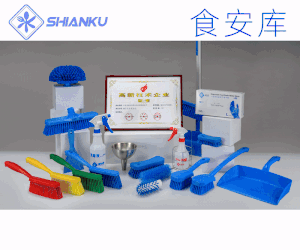食品伙伴網(wǎng)訊 2021年12月22日,據(jù)歐盟食品安全局(EFSA)消息,歐盟營養(yǎng)、新型食品和食物過敏原(NDA)研究小組就東革阿里(Eurycoma longifolia)根提取物作為新型食品的安全性發(fā)表科學意見。
經(jīng)過評估,專家小組得出結(jié)論,在任何使用條件下,都沒有確定東革阿里根提取物作為新型食品的安全性。部分原文報道如下:
Following a request from the European Commission, the EFSA Panel on Nutrition, Novel Foods and Food Allergens (NDA) was asked to deliver an opinion on Eurycoma longifolia (Tongkat Ali) root extract as a novel food (NF) pursuant to Regulation (EU) 2015/2283. The NF is standardised water extract prepared from the dried ground root chips of Tongkat Ali (Eurycoma longifolia Jack) and proposed by the applicant to be used as food supplement in amounts up to 200 mg/day. The target population is the adult population, except pregnant and lactating women. The characteristic components of the NF are glycosaponins (40–65%) and eurycomanone (0.8–1.5%). It can also contain canthin-6-one alkaloids and isoscopoletin (coumarin). The NF has been present in various international markets since 2009. The Panel notes positive results from the submitted in vitro chromosome aberration test, which indicates clastogenic properties of the NF. In the requested follow-up in vivo mammalian alkaline comet assay, the NF induced positive results at the highest dose tested (2,000 mg/kg body weight (bw)) at the tissues of the first site of contact (stomach and duodenum). Histopathological evaluation of the tested tissues indicated that the positive results of the comet assay were rather due to genotoxicity than cytotoxicity. Taken together, the Panel concludes that the NF has the potential to induce DNA damage, which is of concern, particularly locally for tissues that represent first sites of contact. The Panel concludes that the safety of NF has not been established under any condition of use.
本文由食品伙伴網(wǎng)食品資訊中心編輯,供網(wǎng)友參考,有任何疑問,請聯(lián)系news@foodmate.net。
相關(guān)政策解讀











 地區(qū):
地區(qū):






 魯公網(wǎng)安備 37060202000128號
魯公網(wǎng)安備 37060202000128號



